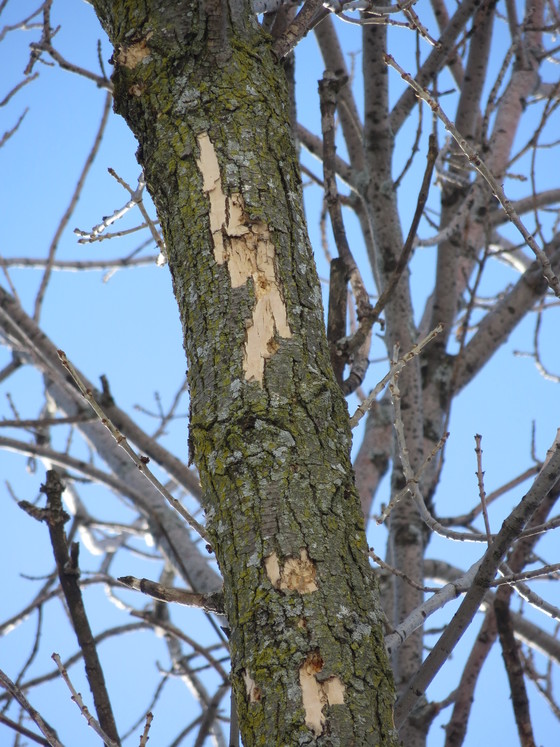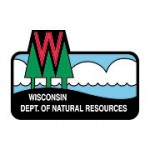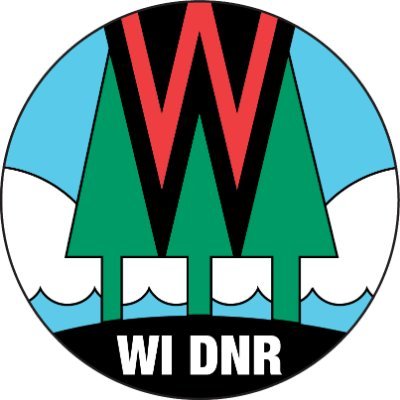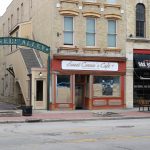Protect Your Valuable Ash Trees Against Emerald Ash Borer

This ash tree branch in West Allis has been damaged or “flecked” by woodpeckers feeding on emerald ash borer larvae under the bark. / Photo Credit: Wisconsin DN
MADISON, Wis. – The Wisconsin Department of Natural Resources (DNR) encourages property owners with healthy, valuable ash trees to treat them with insecticide this spring to protect against the deadly emerald ash borer. The pest is the most damaging threat to Wisconsin trees, killing more than 99% of the untreated ash trees it infests.
A common early sign of emerald ash borer infestation is woodpecker damage that is created when birds feed on emerald ash borer larvae beneath the bark of ash trees. Treatment of infested ash trees is more likely to succeed if the trees have low or moderate levels of woodpecker damage. Now is a good time to consider insecticide protection because the treatments are typically done between mid-April and mid-May.
Treatments are applied every year or two depending on the product. Homeowners can apply some insecticide products, and others must be applied by a certified professional. Review the available options before selecting an insecticide and treatment method. Visit the Wisconsin Emerald Ash Borer website and Emerald Ash Borer Information Network website for more information about insecticides.
Property owners should consider a tree’s benefits – shade, view, wildlife habitat, reduced air conditioner use, property values, etc. – along with the financial cost of the treatments. Some ash trees are not worth treating due to pre-existing health or structure problems; removal and replacement may be better options. You can search for a certified arborist on the Wisconsin Arborist Association website and International Society of Arboriculture website. Other businesses that conduct emerald ash borer treatments may be found online or in a phone book. Property owners are encouraged to arrange for treatments well in advance.
Stay informed and be on the lookout for emerald ash borer. Know where the pest has already been found and look for the signs and symptoms of emerald ash borer infestation. Watch ash trees for the following:
- Woodpecker damage called “flecking,” where pieces of bark have been removed while feeding on emerald ash borer larvae beneath the bark. It usually starts up in the canopy and progresses down the tree over the next few years if the tree is not treated.
- Sprouts growing from the base or trunk of the tree.
- Thinning canopy with smaller, pale leaves.
- Small (one-eighth inch), D-shaped exit holes in the bark.
- Green beetles crawling on the trunk of ash trees during the summer.
Visit the DNR emerald ash borer webpage for more information.
NOTE: This press release was submitted to Urban Milwaukee and was not written by an Urban Milwaukee writer. While it is believed to be reliable, Urban Milwaukee does not guarantee its accuracy or completeness.






















